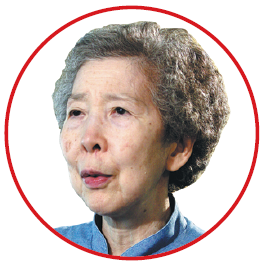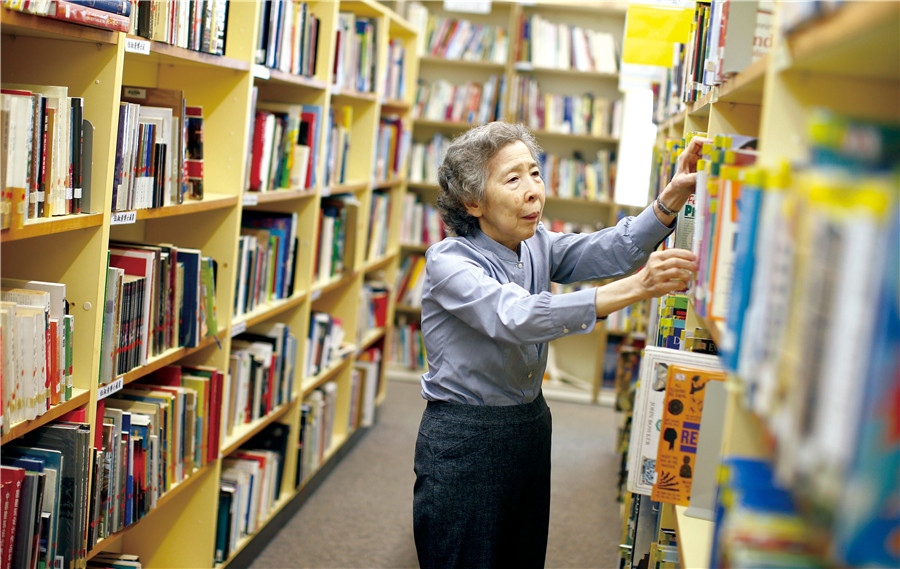
September 1948 in Hong Kong
EDUCATION:
1968-70: Armstrong Business College, Berkeley, California
CAREER:
1980: Founder, Beijing Air Catering Co
1984: Member of the board, World Trade Centers Association, New York
1988-2009: Chairwoman of the executive committee, Chinese History and Culture Educational Foundation for Youth
1988-2003: Member of the National Committee of the Chinese People's Political Consultative Conference
2003-present: Member of the Standing Committee of the Chinese People's Political Consultative Conference National Committee
HONORS:
1978: Hong Kong Ten Outstanding Young Persons Award
1987: Hong Kong Award for Excellence in Business
1990: Hong Kong Young Industrialist Award
1997: Justice of the Peace
1999: Silver Bauhinia Star
The bellwether of change in airline meals

Redefining city's role
Today, Hong Kong is in the throes of a major transformation, looking to redefine its role in the Guangdong-Hong Kong-Macao Greater Bay Area.
"In the next three to five years, Shenzhen, the fishing village turned boomtown, which is the poster child of China's economic takeoff, has what it takes to become the world's most successful 'Silicon Valley'," Wu predicted. "It will be Hong Kong offering services to Shenzhen, rather than Shenzhen serving as an economic hinterland for Hong Kong."
Now a bustling metropolis of nearly 13 million residents in Guangdong province, Shenzhen will continue to gain momentum from the government's unwavering support and will chart a course to become a magnet for global talent, she said.
"This is where Hong Kong could come in, by recruiting a group of top minds to pioneer reforms with the blessing of policies."
Wu, now in her 70s, attributes her "original aspiration" to work on the front line of reform and opening-up to her deep love for her homeland.
Her attachment and devotion began when she studied at Hong Kong's Sacred Heart Canossian College. This was where she pieced together a faint outline of the motherland from Tang Dynasty (618-907) poetry, ancient prose, books about the May 4th Movement of 1919, and stories from teachers.
"At the age of 8, I made up my mind to see for myself what the mainland really looked like, and do something for my mother country some day," she said.
That resolution propelled her to be a determined supporter and keen contributor to China's rapid economic growth. It also highlighted her role as an earnest promoter of the nation's time-honored culture and traditions.
Wu voiced concerns over unbridled economic, social and technological development over several decades, which has seen people become more focused on the materialistic way of life than caring about traditional culture.
"The fundamental driving force for realizing the Chinese Dream of national rejuvenation lies in traditional culture," she said. "Without it, we're like a river without headwaters, a tree without roots."


